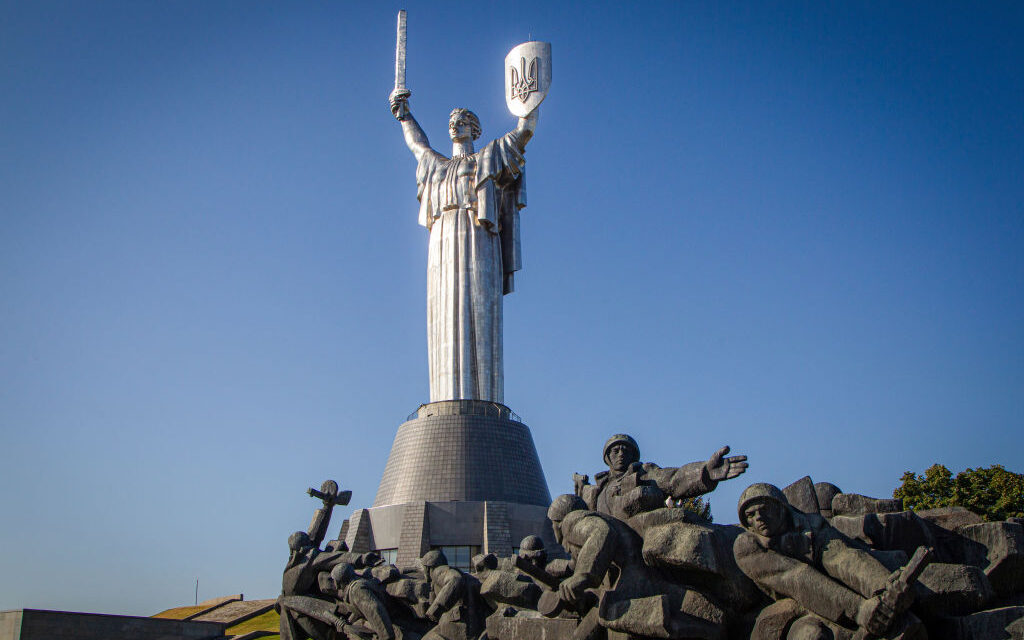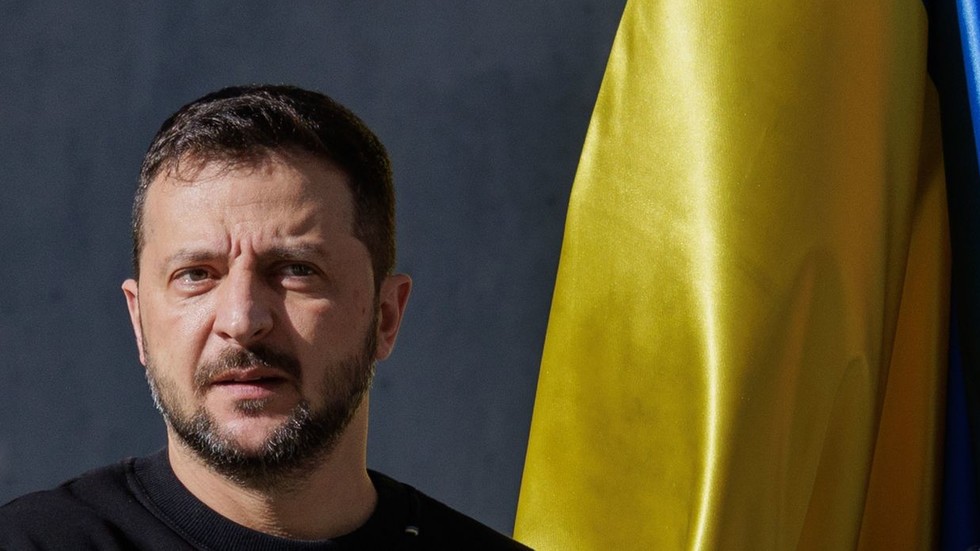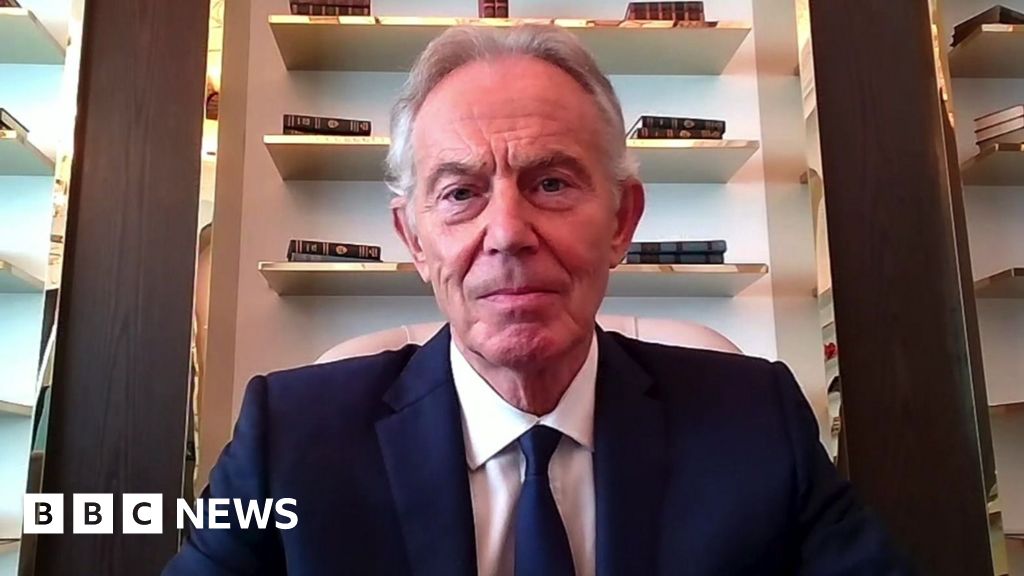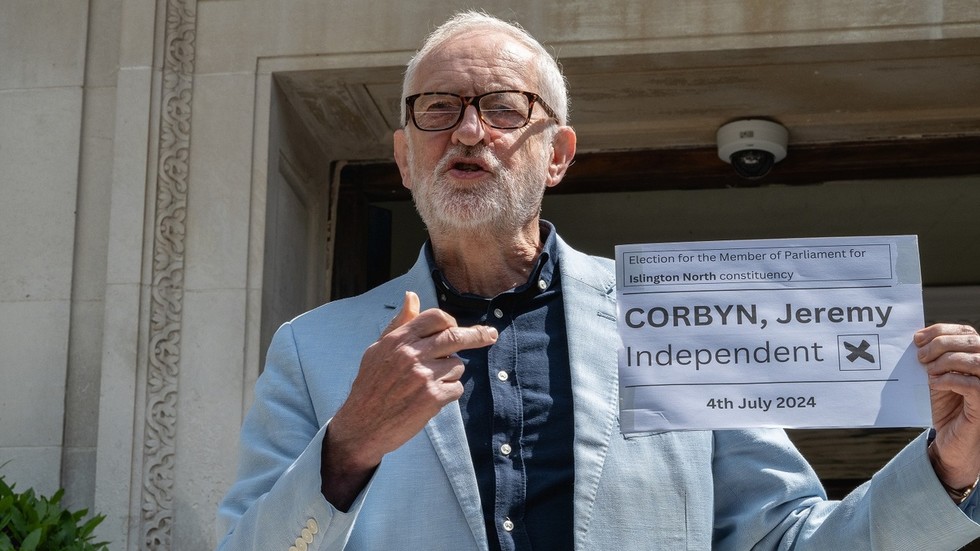1,000 days after Vladimir Putin launched his full-scale invasion, a special Cipher Brief report uses data to take stock of the war.

Posted: November 19th, 2024

By Tom Nagorski
Tom Nagorski is the Managing Editor for The Cipher Brief. He previously served as Global Editor for Grid and served as ABC News Managing Editor for International Coverage as well as Senior Broadcast Producer for World News Tonight.
DEEP DIVE — The first bulletins hit late in the evening of February 23, 2022 in the U.S., and just before dawn on the 24th in eastern Europe: Russian troops had crossed into Ukraine; Russia was firing missiles and dropping bombs on Ukrainian cities; and Russian leader Vladimir Putin had announced a “special military operation” to “protect the people” of eastern Ukraine from what he called a “genocide” being carried out by the “Nazi” government in Kyiv. The “denazification” and “demilitarization” of Ukraine were Putin’s reasons for launching the invasion, he said, though he also said his troops were entering Ukraine as “peacekeepers.”
It was a parade of falsehoods backed by massive force – the beginning of the largest conflict in Europe since World War II.

 1 day ago
7
1 day ago
7









